NEW: Trump aides pledge a "holy war" on Taylor Swift as the former president privately grouses that he's "more popular" than her
— Noah Shachtman (@NoahShachtman) January 30, 2024
🔗https://t.co/UtY2Z7Rjv5https://t.co/UtY2Z7Rjv5
Noah Shachtman is the current Editor in Chief of Rolling Stone, and the link goes to a Rolling Stone article by reporters Adam Rawnsley and Asawin Suebsaeng. So there's a decent chance that the article is utter fantasy. But still, that's some pretty good eye candy right there.
Singer-songwriter Taylor Swift hasn’t even endorsed President Joe Biden for reelection yet. That hasn’t stopped members of MAGAland’s upper crust from plotting to declare — as one source close to Donald Trump calls it — a “holy war” on the pop megastar, especially if she ends up publicly backing the Democrats in the 2024 election.
According to three people familiar with the matter, Trump loyalists working on or close to the former president’s campaign, longtime Trump allies in right-wing media, and an array of outside advisers to the ex-president have long taken it as a given that Swift will eventually endorse Biden (as she did in 2020). Indeed, several of these Republicans and conservative media figures have discussed the matter with Trump over the past few months, the sources say.
While Swift has not yet issued an endorsement in the 2024 race, The New York Times reported Monday that Swift is a key name on Biden aides’ “wish lists of potential surrogates.” A potential Swift appearance at Super Bowl LVIII alongside her boyfriend, Kansas City Chiefs tight end Travis Kelce, has already prompted the MAGA right’s culture-war pugilists into a conspiracy-fueled froth about how this NFL season has been rigged to boost Biden.
For a more reliable look at the thing that I didn't even know was a thing, let's go to the pundit-formerly-known-as-Allah, Nick Catoggio at the Dispatch, where he muses on American Idols. And you might want to click over to see Ms. Swift in a less attractive pose than above:
Nick takes note of a tweet from a failed presidential candidate:
I wonder who’s going to win the Super Bowl next month. And I wonder if there’s a major presidential endorsement coming from an artificially culturally propped-up couple this fall. Just some wild speculation over here, let’s see how it ages over the next 8 months.
— Vivek Ramaswamy (@VivekGRamaswamy) January 29, 2024
OK, that's easy to dismiss, but…
We shouldn’t assume too much about broad right-wing sentiment from the most febrile musings of Vivek Ramaswamy, a man whose brand is built on being willing to go where lesser populists fear to tread. But Vivek isn’t the only influencer to smell something fishy about the Swift-Kelce relationship.
Fox News wondered recently whether Swift is a Pentagon asset and has offered guests a platform to beg viewers not to be swayed by her political opinions. An OAN host called the spectacle of her romance with Kelce “bread and circuses on steroids” and wondered if sports are a plot to prevent Americans from being more devoted to Jesus. Benny Johnson, affecting his best Tucker Carlson impersonation, did 41 minutes of commentary on his YouTube channel accusing Swift of being part of a “FED OP to RIG 2024 election for Biden.” Numerous figures with large audiences on social media, some with direct access to Donald Trump, also theorized darkly about an “op” involving her and her beau unfolding before our eyes.
Pundits gotta pundit, I guess. But the Babylon Bee had the best take, and (as usual) the entire joke is in the headline: Conservatives Uncover Democrat Plot To Turn Taylor Swift Into An International Pop Star And The Kansas City Chiefs Into A Dynasty So Swift Could Date A Chiefs Player And Leverage The Collective Media Coverage To Get Joe Biden Re-Elected.
The conspiracy, confirmed by the sharpest conservative minds on social media, alleges that Swift's rise to the top of the music and pop culture spheres and the ascendance of the Chiefs to join other storied championship franchises in NFL history did not happen by mere coincidence, but instead were orchestrated down to the smallest detail by high-ranking powerbrokers to make sure the media storm generated by Swift's romance with Chiefs tight end Travis Kelce could ensure Biden's re-election.
"This is obviously an op," said one popular right-wing social media personality. "You mean to tell me that a singer-songwriter who has been popular for nearly two decades just happens to start dating an All-Pro tight end on a team that just happened to recently start winning Super Bowls for the first time in 50 years? Really? You people are such sheep. Wake up! Democrats have been planning this for years!"
I am still pretty sure I've never heard a Taylor Swift song.
![[Amazon Link]](/ps/asin_imgs/B085D4MFS8.jpg)
![[Amazon Link]](/ps/asin_imgs/B08BY1H136.jpg)
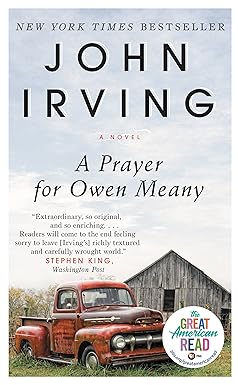
![[Kicking the Can]](/ps/media/b560d333-9021-4a6e-bae3-c1559f85f209_1053x765.jpg)
![[barred permanently]](/ps/media/barred_permanently.png)
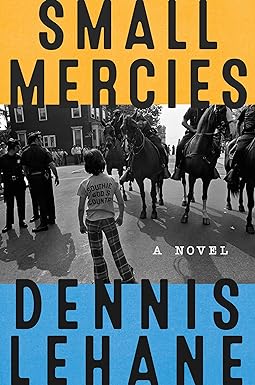
![[Amazon Link]](/ps/asin_imgs/B095756YNC.jpg)
![[Amazon Link]](/ps/asin_imgs/B0CJ9LL73F.jpg)
![[Amazon Link]](/ps/asin_imgs/B012VJLZOM.jpg)
![[sports fan]](/ps/media/0fc58915-615b-497c-aaad-647d22ec857c_1158x842.webp)
![[Clickbait]](/ps/media/south_berwick_river_cruise.png)

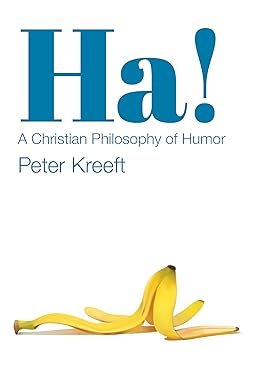
![[Amazon Link]](/ps/asin_imgs/1119824753.jpg)

![[Amazon Link]](/ps/asin_imgs/B08GBG5R1P.jpg)
![[Amazon Link]](/ps/asin_imgs/B092X9LR8C.jpg)
![[up in smoke]](/ps/media/5a8b1777-ae8f-4ba1-9d86-d3e5321c5afa_1755x1275.jpg)
![[Amazon Link]](/ps/asin_imgs/B09K4ZLHPH.jpg)
![[Amazon Link]](/ps/asin_imgs/1668019140.jpg)
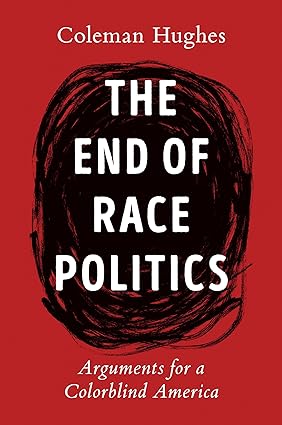
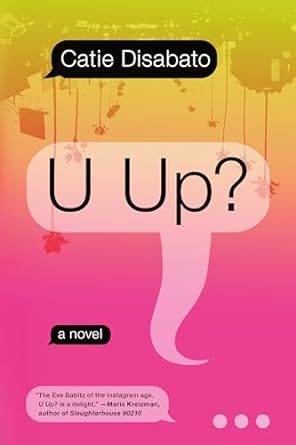

![[4 stars]](/ps/images/40stars.gif)
![[IMDB Link]](https://ia.media-imdb.com/images/G/01/imdb/plugins/rating/images/imdb_46x22.png)
![[Same Old Same Old]](/ps/media/d72bae0d-23b1-4db2-a196-f35aeee5980e_1404x1020.jpg)

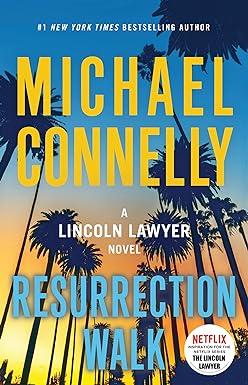

![[Amazon Link]](/ps/asin_imgs/006257194X.jpg)
![[Amazon Link]](/ps/asin_imgs/1451648707.jpg)
![[Amazon Link]](/ps/asin_imgs/0525537112.jpg)
![[Amazon Link]](/ps/asin_imgs/B010WFJDO6.jpg)
![[Amazon Link]](/ps/asin_imgs/0063096358.jpg)
![[Amazon Link]](/ps/asin_imgs/0593418255.jpg)
![[Amazon Link]](/ps/asin_imgs/0197539408.jpg)
![[Amazon Link]](/ps/asin_imgs/0306924773.jpg)
![[Amazon Link]](/ps/asin_imgs/1637581734.jpg)
![[Amazon Link]](/ps/asin_imgs/1410490696.jpg)
![[Amazon Link]](/ps/asin_imgs/0385527888.jpg)
![[Amazon Link]](/ps/asin_imgs/1119526892.jpg)
![[Amazon Link]](/ps/asin_imgs/1324003995.jpg)
![[Amazon Link]](/ps/asin_imgs/B0BPJKCZ8X.jpg)
![[Amazon Link]](/ps/asin_imgs/0691226237.jpg)
![[Amazon Link]](/ps/asin_imgs/0691214913.jpg)
![[The Blogger and His Dog]](/ps/images/me_with_barney.jpg)



